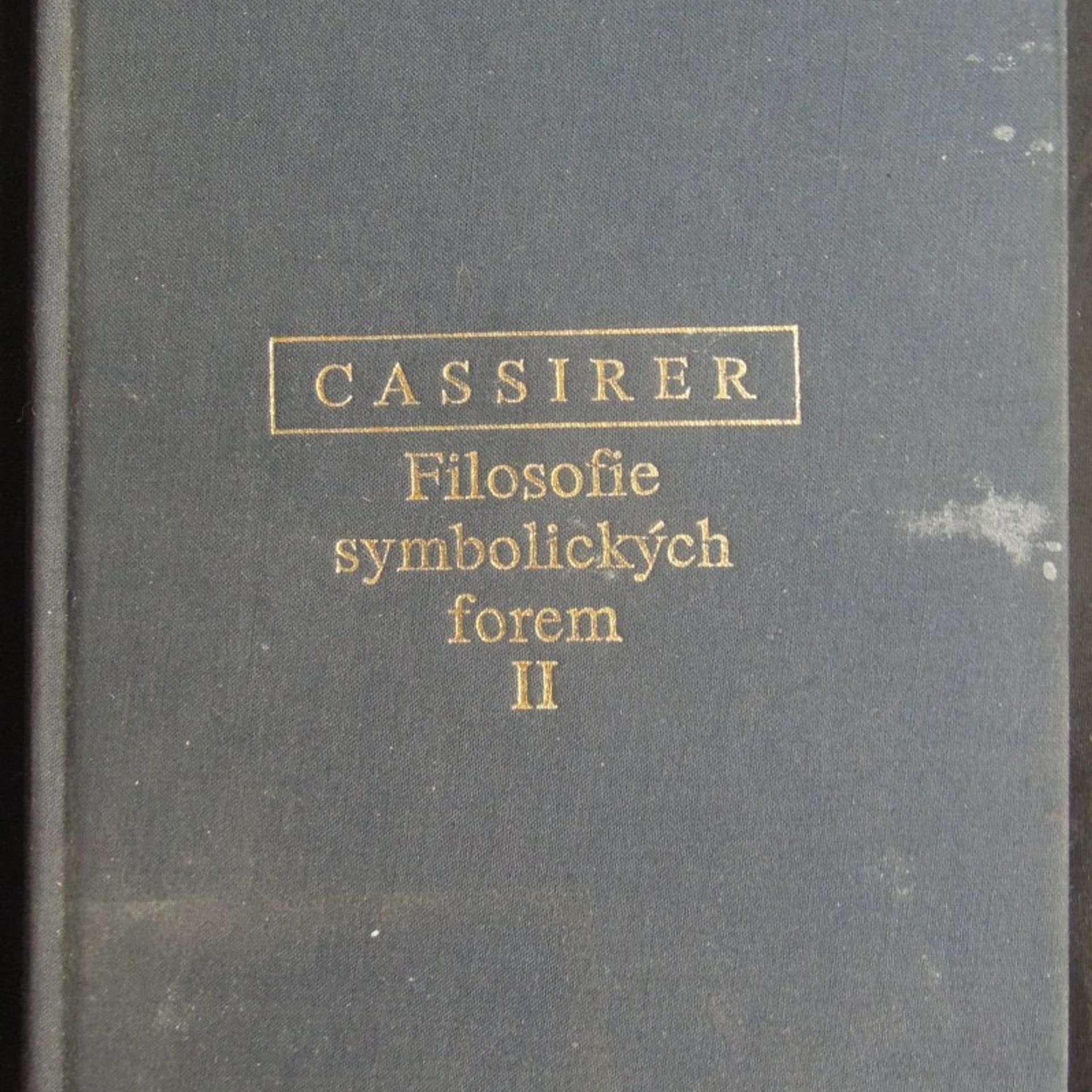Filosofie symbolických forem (1. díl)
- 302 stránek
- 11 hodin čtení
Kniha je jedním ze zakladatelských děl tzv. filosofie kultury, patří k nejvýznamnějším filosofickým spisům 20. století vůbec.
Ernst Cassirer byl klíčovou postavou filozofického idealismu v první polovině 20. století. Vyšel z marburské tradice novokantovství a rozvinul filozofii kultury jako teorii symbolů, založenou na fenomenologii poznání. Jeho práce se zabývala hlubokými otázkami lidského vědění a jeho vyjádření v různých kulturních formách.







Kniha je jedním ze zakladatelských děl tzv. filosofie kultury, patří k nejvýznamnějším filosofickým spisům 20. století vůbec.
Exploring the significance of myth in human thought and expression, this volume delves into how mythical frameworks shape our understanding of the world. Cassirer's influential work offers a profound analysis of symbolic forms, emphasizing the interplay between myth and culture. This new translation makes his insights accessible to contemporary students and scholars, ensuring that his contributions to philosophy continue to resonate.
The Philosophy of Symbolic Forms is Cassirer's most important work. This major new translation brings his magnum opus to a new generation of students and scholars. Volume 3: The Phenomenology of Knowledge is an exploration of epistemology, perception and consciousness across the human sciences
Focusing on the intricate relationship between human language and symbolic expression, this major work by Cassirer delves into the nature of language as a foundational system of communication. The new translation makes this essential text accessible for contemporary students and scholars, highlighting its significance in the study of philosophy and symbolism. Volume 1 serves as a critical exploration of how language shapes human experience and understanding.
Exploring the intricate relationships between philosophy, language, art, and science, Ernst Cassirer delves into the contributions of influential thinkers such as Leonardo, Galileo, Pico della Mirandola, and Giordano Bruno. This classic work highlights the interconnectedness of human thought and creativity, emphasizing how these elements shape our understanding of the cosmos and individual existence.
The book features translations by notable scholars James Gutmann, Paul Oskar Kristeller, and John Herman Randall, Jr., showcasing a significant work that explores philosophical concepts. The translators bring their expertise to the text, ensuring clarity and accessibility for readers. This edition aims to deepen the understanding of the original material, making it relevant for contemporary audiences interested in philosophy and its historical context. The collaborative effort highlights the importance of scholarly translation in preserving and interpreting classic works.